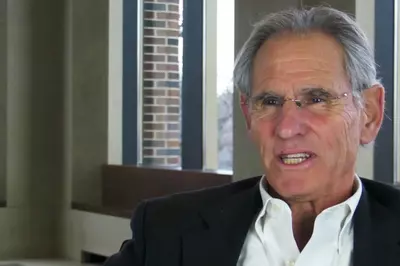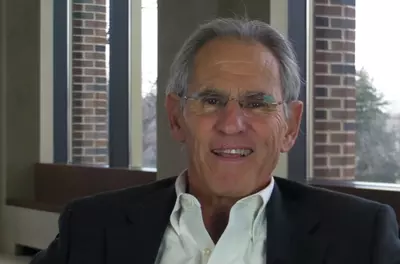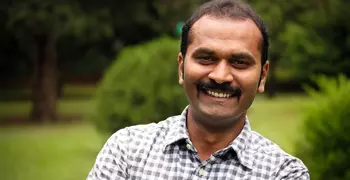Mindfulness as a Love Affair with Life: An Interview with Jon Kabat-Zinn

The first thing Jon Kabat-Zinn would like to clarify is that mindfulness is not a technique. “It's very important to get this right,” he says. “It’s not a technique. It’s a way of being in wise relationship to experience as you find it, and that means pleasant, unpleasant, and even the neutral stuff that you never bother to notice because it doesn't seem to have a big effect on you.”
Kabat-Zinn, one of the best-known mindfulness meditation teachers in the United States, spends much of his time these days explaining the ways that mindfulness is misunderstood. He likes to use the term “McMindfulness” to describe the ways the ancient practice has become a trend in today’s instant-gratification culture. Popular media is saturated with headlines promising “easy” and “cure-all” effects, as if mindfulness were a modern panacea—a pill to swallow to make discomfort disappear. In Kabat-Zinn’s mind, this perspective “can really throw a wrench in this whole movement towards waking up as a society to the root causes of suffering and disease.”
But he’s also quick to assure you that mindfulness, as a way of being, works. A founder of the Mindfulness Based Stress Reduction program (MBSR), Jon Kabat-Zinn has co-authored some of the leading research studies on the effectiveness of mindfulness practice, particularly its relationship to positive outcomes like decreased stress and improved immune function. “Our research over the past 36 years, and now research in many different labs and medical centers and hospitals, demonstrates that this practice—even in small doses, if taught effectively—can have profound effects on people, from the elderly to kids in middle school and even in preschool.”
MBSR’s 8-week curriculum, which is used in hospitals, corporations, and even on Capitol Hill, is more than a meditation class. It serves as a launching platform, Kabat-Zinn explains, to “catapult people into taking much more responsibility for their own health and wellbeing.” Through rigorous meditation practice and hatha yoga, people learn a new way of being in relationship with pain and discomfort that is wise, benevolent, and self-compassionate. “Ultimately, I've come to see mindfulness is really a love affair with life,” says Kabat-Zinn.
The takeaway? Mindfulness is simple—but it’s not easy. “This is hard work for us humans, [but] all the value—that transformative and healing value—lies in the fact that it is very challenging and we can do it.
“Hundreds of thousands, if not millions, of regular people have been through MBSR programs and Mindfulness-Based Cognitive Therapy for Depression programs and for all sorts of other diagnosis of one kind or another, and have demonstrated that regular people can actually touch base with these meditative practices in ways that are profoundly transformative.”
Want to hear more from Jon Kabat-Zinn? Watch this 20-minute video interview to learn more about being in wise relationship with your own experience, including how to fit mindfulness into your busy life and teach it to your children.



